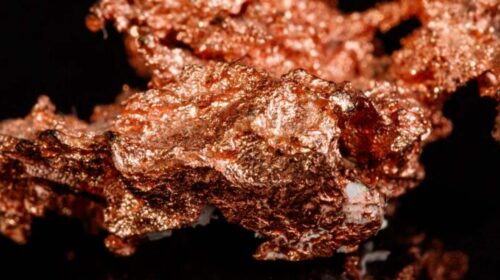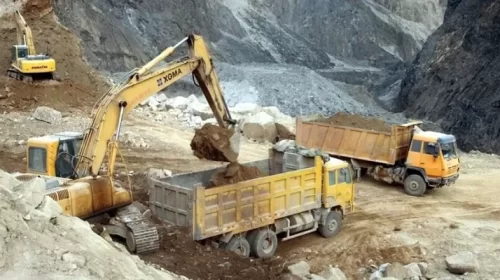US breaths new life into the Lobito Corridor to challenge china’s Dominance for Critical minerals
The United States is making a determined effort to catch up with China in a region that has become pivotal to the green transition: Africa’s “Copperbelt.” Zambia and the Democratic Republic of Congo, rich in minerals vital for battery and renewable energy production, have become the latest battleground for influence between Washington and Beijing.
The Biden administration, in its pursuit of challenging China’s supremacy, has seized an opportunity to breathe new life into a century-old railway connecting crucial African mines to an Atlantic Ocean port, known as the Lobito corridor.
This initiative involves the investment of hundreds of millions of dollars by the United States. In the Bloomberg Originals mini-documentary titled “How the US Can Rival China in Africa,” the project is explored for its potential to provide a direct route to the US and the European Union for these critical resources.
However, it’s worth noting that the United States is playing catch-up. China was the first to construct a railway line in the 1970s, extending from the Copperbelt to the Tanzanian port of Dar es Salaam in the east.
Additionally, a Chinese state-owned company later undertook a significant reconstruction of a crucial railway line in Angola, with an estimated cost of $2 billion.
Over the past decade, President Xi Jinping’s Belt and Road Initiative has seen China invest nearly $1 trillion in infrastructure projects within developing nations.
The United States has yet to come close to matching this level of investment. Now, this dynamic may be evolving, with the Lobito corridor serving as a flagship for US President Joe Biden’s plan, in collaboration with the Group of Seven, to invest $600 billion in similar projects over a five-year period.
Nevertheless, China’s dominance extends beyond infrastructure. Chinese companies control a substantial portion of Congo’s copper production, with limited US investment in Zambian mining.
A Silicon Valley startup, KoBold Metals, backed by luminaries like Bill Gates and OpenAI’s Sam Altman, is determined to change this landscape.
The company is fervently working to transform a vast copper deposit in northern Zambia into a mine that will play a pivotal role in the Lobito corridor project.
![]()





